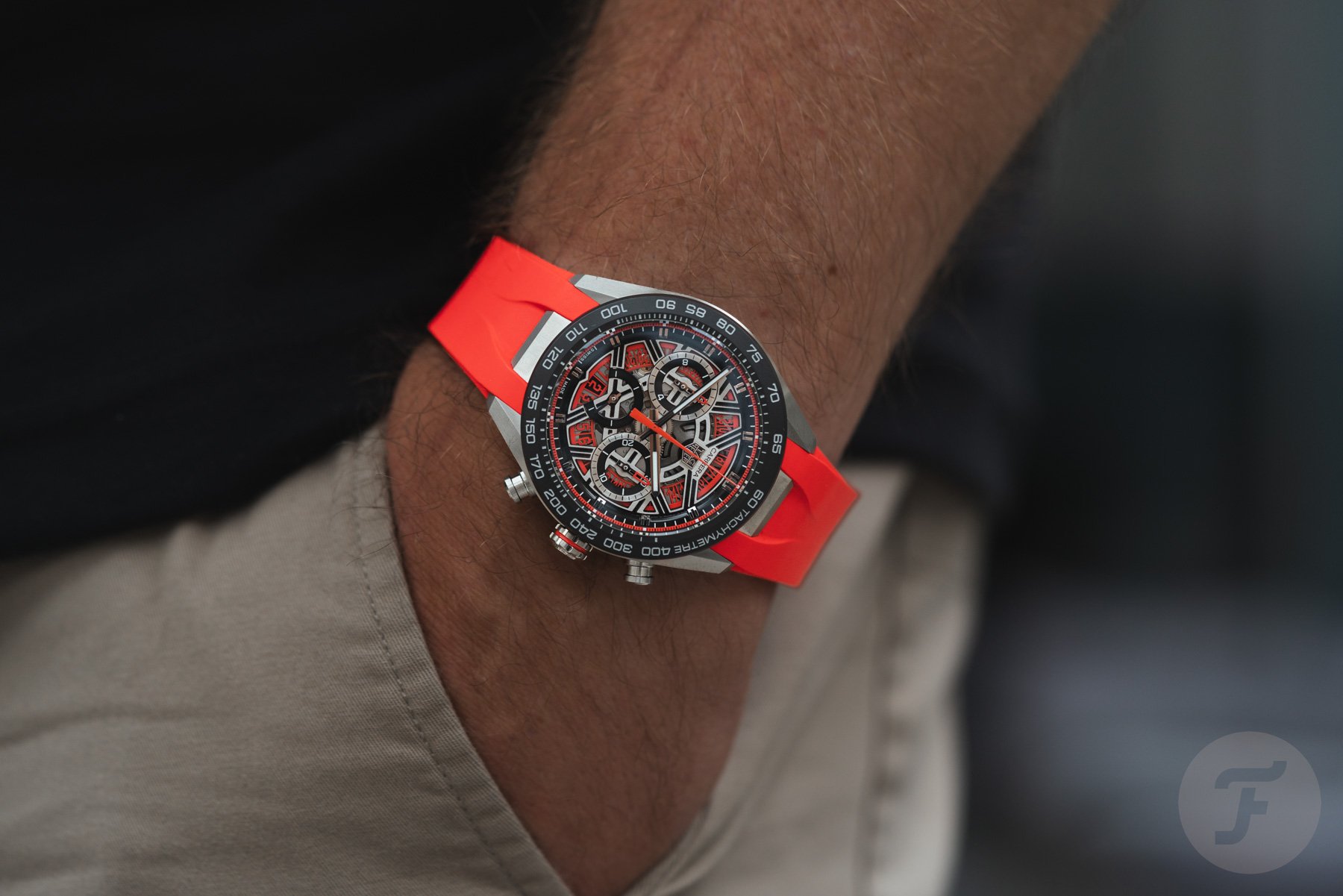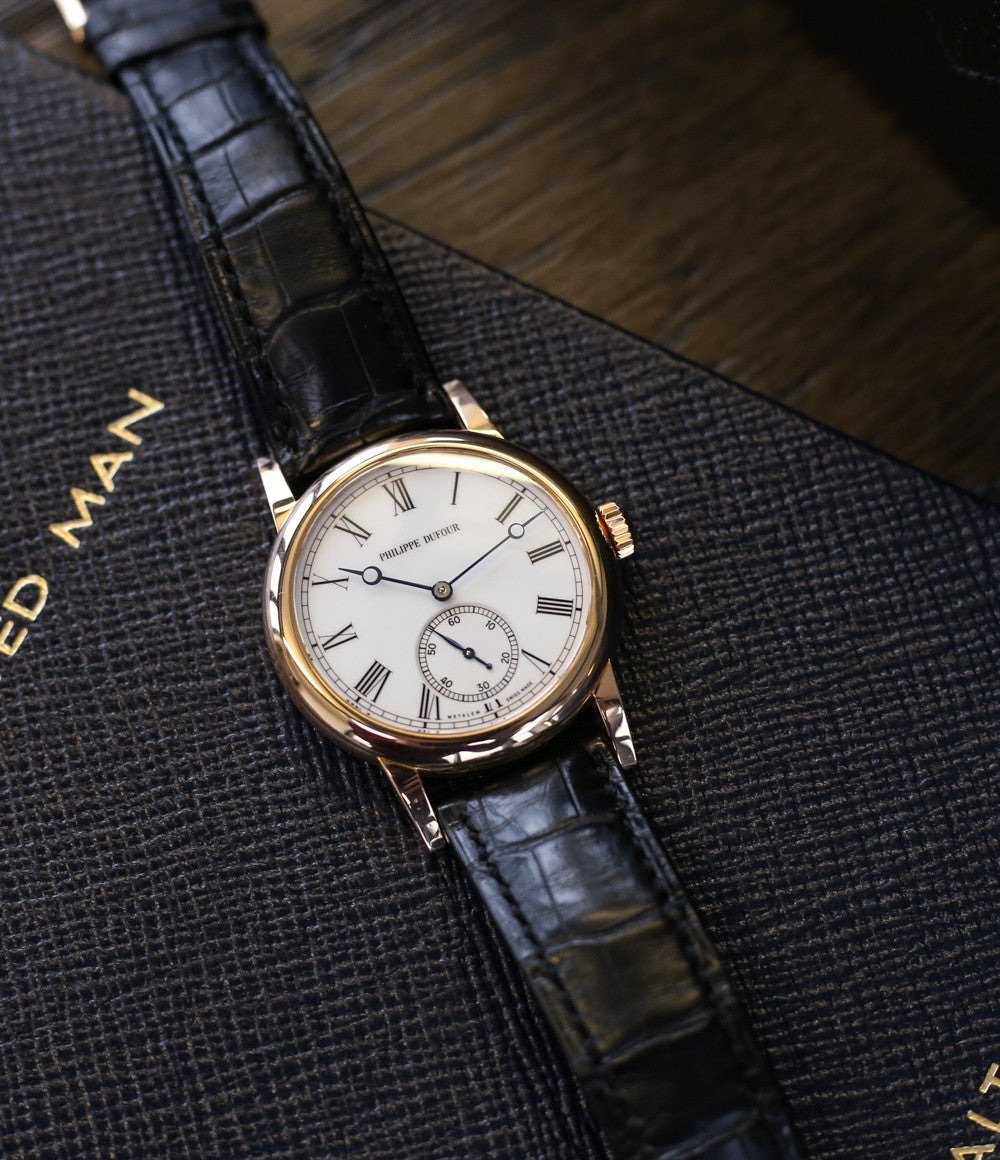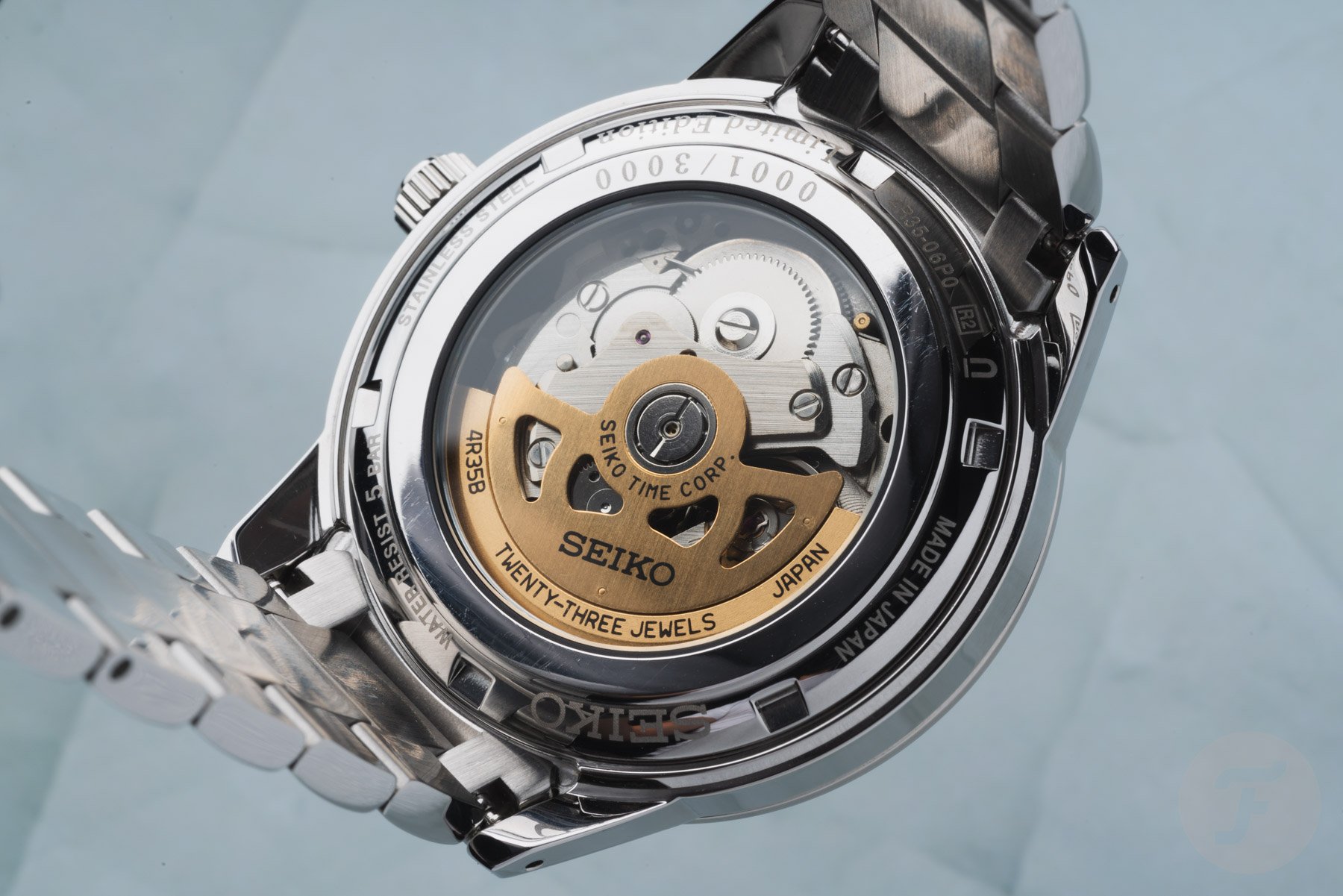Stop The Snark! — Earned Dogmatism And The Dunning-Kruger Effect In Watches
Every field has them, and the watch world is no exception. I am talking about people with strong opinions. Heck, I am one, and I work in an office filled with them. And then there is the comments section on Fratello, social media, forums, and YouTube…all full of people with strong opinions. Now, that wouldn’t be much of an issue if so much of the feedback weren’t negative. But it is, and it can harm our enjoyment of a hobby like watches and horology. Today, I would like to explore earned dogmatism and the Dunning-Kruger effect with you, Fratelli. We take a little break from the watches themselves and venture into how they affect our (online) behavior.
So, let me take a time machine to my early A-career (watches are my typical-spoiled-millennial-style “let me follow my heart after all” B-career) as a consultant in consumer behavior to share some views on snarky “experts” and how to avoid taking them so seriously. This article is, in a sense, a follow-up to an old article I wrote on how the narrating self guides our behavior in watch collecting.
Cleverly critical versus stupidly snarky
This isn’t an indictment of critical voices. Even in matters as inconsequential and superfluous as luxury watches, a critical note is healthy. A brand might have a bad idea or execution. Maybe a watch is ridiculously priced for what it is. Such things can and should be discussed, especially by people like Fratello writers since many readers look to us for interpretation, commentary, and sometimes advice.
However, if you look at the battlefield that is (part of) the online watch community, you quickly realize there is something else going on. So many people are simply ill-tempered, cynical, suspicious, and aggressive. You should see some of the comments we don’t approve…
Why is that? Sure, the anonymous nature of online discussions helps. As the owner of a small watch brand myself nowadays, I see the stark difference between real-life and online feedback. People type stuff they would never dare to say to my face. Apparently, different etiquette applies. Or perhaps people don’t feel the pressure of any etiquette at all when there is a screen between them and the object of their vitriol. Still, there are some other psychological principles at work that I find fun to ponder. Once you explore these, they kind of take the sting out of online snark.
The Earned Dogmatism Hypothesis
The Earned Dogmatism Hypothesis is a relatively young theory developed by researchers Victor Ottati, Erika D. Price, Chase Wilson, and Nathanael Sumaktoyo. The idea is that social norms dictate that one’s perceived level of expertise and open-mindedness have an inverse relation. That means that the greater someone’s expertise, the more dogmatic he/she is likely to be. Equally, less experience should lead to greater open-mindedness.
This is a dynamic relation based on one’s perception of relative expertise. So, when I discuss watches with my neighbor, I feel like the expert. When I talk watches with Philippe Dufour, I feel like a novice. The Earned Dogmatism Hypothesis states that I should (and will) behave more dogmatically with my neighbor than with Mr. Dufour. When my neighbor asks what I think about brand X’s new watches, I might say, “Ah, they are trash; they have completely lost their way.” When Mr. Dufour asks me, I might say, “Yeah, tough one. I can see how they try to cater to that specific market, but I don’t think they’re for me. What do you think?” This isn’t just down to politeness but also to my relative role as the (non-)expert.
The people who are most vocal online tend to display self-attributed expert behavior. You often read an undertone of “let me enlighten you with my wisdom and tell you all how it is.” Simply put, my theory is that online trolls see themselves as experts, leading to more dogmatic behavior. And what does dogmatic behavior look like? “Everything is wrong except the things I like, and anyone who thinks differently is wrong or conspiring against the truth.”
When earned dogmatism and the Dunning-Kruger effect meet
David Dunning and Justin Kruger first described the cognitive bias that would carry their name in 1999. They found that lesser performers tend to overestimate their performance. The pop version of this is that stupid people don’t recognize their stupidity. Interestingly, the opposite also turns out to be true. Actual experts tend to underestimate themselves, perhaps because they know what truly goes into being an expert and, as a result, are more conscious of their shortcomings.
Then, there is the illusory superiority bias, which means that most people rate themselves as “above average.” Statistically speaking, of course, that would be impossible. My theory is that this applies to the online world even more than the offline world. Why? Because when I am physically talking with Philippe Dufour, our difference in expertise is much more apparent compared to when we exchange comments on an online platform. The latter gives me time to think and be selective of when I engage and when I don’t. I can quite easily present myself as equal or even superior to Mr. Dufour in a chatroom, but I would fail miserably in a brick-and-mortar room.
In short, the type of people who post snarky comments online are quite likely to overestimate themselves and display heavy dogmatism. It is a toxic cocktail of considering oneself an expert, not seeing one’s actual lack of expertise, and being closed-minded as a result.
When we overestimate ourselves
You see the results of the above in the watch world all the time. People almost always overestimate their knowledge. “That caliber is garbage!” Why? Well, because the commenter once heard a story from someone who bought a watch, and it turned out not to run well and had to be serviced under warranty. Someone else on the forum had the same complaint, so it must be true! When there is little statistical or empirical evidence available, we have to resort to such anecdotal evidence.
Obviously, such a comment adds no value — except to the commenter’s ego. It cements his/her self-image as a critical expert. However, unless we have access to returns-under-warranty statistics or truly trusted watchmakers can explain why there is a fundamental issue with that movement, we cannot accept it as true.
I am guilty of this too. For instance, I am on a mission to end vignette dials. The fact that I find them ugly holds little value to anyone. Still, it must be my dogmatism earned through my position at Fratello that makes me feel righteous in beating this dead horse over and over. No, the hypocrisy of me writing this article does not evade me. I am quite happy to be the butt of my joke today.
Seeing snark and dogmatism for what they are
One thing you can tell yourself when you feel unjustly attacked, scrutinized, or criticized online is that you cannot know the commenter’s background. You have no access to the train of thought, the emotions, and the prior experiences that led to that comment. Therefore, you cannot rely on your instinctive interpretation of it to be correct. In other words, you can decode the message through your filters, but you have no access to the sentiment originally coded by the sender. Because of this, it is senseless to let it harm you.
In truth, it would be senseless to let it harm you even if you did know it to be intended as you interpret it. After all, it is an expression of the other person’s grievance, not yours. Whether you let yourself feel insulted is up to you and no one else. This is also why I, for instance, seldomly respond; the keyboard warrior does not get to control my actions. Also, much of people’s online dogmatism and snark are due to opinion, even if those people present it as fact. You can ask a cat and a rabbit whether fish or carrots are better. Their respective answers are worthless to each other.
So, what do I hope this terribly overthought article achieves? If I made the few keyboard warriors among you think, “Hold on, am I typing this vitriol out of a position of self-attributed false expertise?” or I have made those of you who catch online flack a little more resilient, that would be fantastic. However, I am expert enough to realize the impact of this article will be negligible. And I gave myself a headache… Back to reviewing watches!










